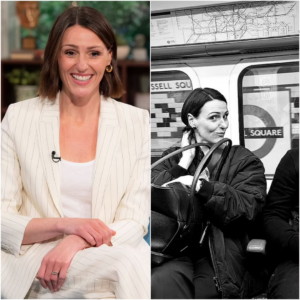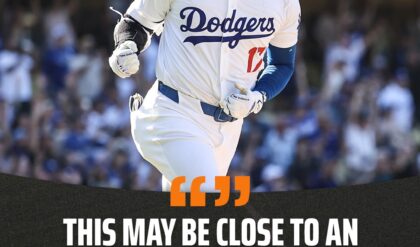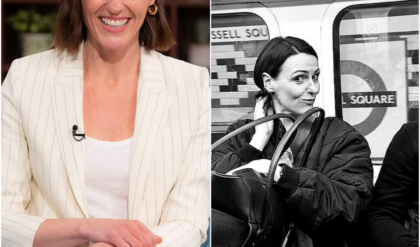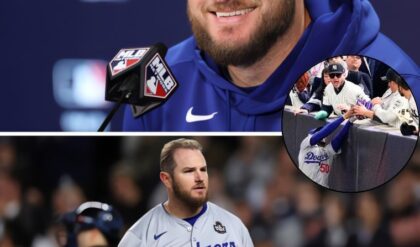Sheeran recently said he would have “respectfully declined” his vocals being used on the new Band Aid single if he was approached for permission
 Bob Geldof and Ed Sheeran. CREDIT: Wendell Teodoro/Getty Images (left), Dana Jacobs/FilmMagic (right)
Bob Geldof and Ed Sheeran. CREDIT: Wendell Teodoro/Getty Images (left), Dana Jacobs/FilmMagic (right)
Bob Geldof has apparently “put a call in” to Ed Sheeran over the Band Aid single controversy, with confidence that “they’ll work it out”.
Last week, it was revealed that a ‘2024 Ultimate Mix’ version of ‘Do They Know It’s Christmas?’ would be arriving later this month in celebration of the original’s 40th anniversary.
The new mix of the song, produced by Trevor Horn, brings together all of the voices from three versions of the track, recorded in 1984, 2004 and 2014.
However, in an update shared yesterday, Sheeran spoke out about his feature on the track, and said that if he had been asked for permission to use his vocals, he would have declined. The pop star sang alongside One Direction, Sam Smith, Coldplay and more in the 2014 edition of the charity Christmas single.
Now, a source close to Band Aid has told NME: “Bob’s put a call in to Ed. He thinks he’s a great bloke and a major talent. They’ll work it out.”
Representatives for Band Aid have yet to respond as to the overall outcome of Sheeran’s vocal on the track, and if all other artists involved were approached for permission to be featured on the new version. Bob Geldof and Ed Sheeran together as they went record the Band Aid 30 single on November 15, 2014 in London, England. CREDIT: Dave J Hogan/Getty Images
Bob Geldof and Ed Sheeran together as they went record the Band Aid 30 single on November 15, 2014 in London, England. CREDIT: Dave J Hogan/Getty Images
Sheeran explained his stance earlier this week: “A decade on and my understanding of the narrative associated with this has changed, eloquently explained by @fuseodg,” he wrote in an Instagram Story. “This is just my personal stance, I’m hoping it’s a forward-looking one. Love to all x.”
In the update, Sheeran also shared a screenshot of a post made by Fuse ODG – who he mentioned in his statement – who explained why he turned down the offer to contribute to the 2014 version.
In his reasoning, he explained how the efforts to raise money for Africa also led to “perpetuat[ing] damaging stereotypes” on the continent. “I refused to participate in Band Aid because I recognised the harm initiatives like it inflict on Africa,” he began.
“While they may generate sympathy and donations, they perpetuate damaging stereotypes that stifle Africa’s economic growth, tourism, and investment, ultimately costing the continent trillions and destroying its dignity, pride and identity.”
On Sunday, Geldof bristled against the criticism the single has attracted over time: “This little pop song has kept hundreds of thousands if not millions of people alive,” he told 1News.
“In fact just last week, Band Aid gave hundreds of thousands of pounds to help those running from the mass slaughter in Sudan and enough cash to feed a further 8,000 children in the same affected areas of Ethiopia as 1984.”
“Those exhausted women who weren’t raped and killed and their panicked children and any male over 10 who survived the massacres and those 8,000 Tigrayan children will sleep safer, warmer and cared for tonight because of that miraculous little record. We wish that it were other but it isn’t. “Colonial tropes” my arse.”
News
The British TV star shocked fans when she tried to escape attention while riding the subway: The unexpected happened.
While celebrities often portray an overtly glamorous life that the public cannot hope to replicate sometimes the rich and famous show they’re just like us regular people. Suranne Jones took to her Instagram on Wednesday to share a snap of herself…
Inside JK Rowling’s strained relationship with Emma Watson and Daniel Radcliffe after author said she wouldn’t forgive Harry Potter stars for their stance in the trans debate
JK Rowling‘s women’s rights crusade has lost her the support of many stars whose careers were launched thanks to her Harry Potter franchise – including Emma Watson and Daniel Radcliffe. Her years-long campaign for what she labels ‘sex-based rights’ has seen the former Potter actors distance themselves…
JK Rowling says people she works with publicly shunned her when the author posted a photo of herself and called Sturgeon a ‘wrecker of women’s rights’.
JK Rowling says that people she worked with who publicly shunned her for her gender rights views secretly emailed or texted her to ‘check they were still friends’. The 58-year-old Harry Potter author has previously been criticised for her staunch views on gender identity, but…
Nicole Scherzinger goes braless as she changes into a semi-sheer LBD for the Tonys afterparty as Daniel Radcliffe puts on a PDA with Erin Darke and Sarah Paulson goes wild
Braless Nicole Scherzinger got changed into a very daring see-through LBD which left little to the imagination as she hit the Tonys afterparty on Sunday nght. The Pussycat Dolls star, 45, had been wearing a one-shoulder red number earlier, but switched it up for…
Rakie Ayola, former star of the West End play Harry Potter and the Cursed Child, expressed a message to JK Rowling about the author’s statements about transgender people.
Rakie Ayola starred as Hermione Granger in ‘Harry Potter and the Cursed Child’ on the West End from 2017 to 2018. (Getty) Rakie Ayola, former star of the West End’s Harry Potter and the Cursed Child, has said she would love…
JK Rowling’s participation in the Harry Potter series was revealed in detail by HBO boss
HBO boss Casey Bloys details J.K. Rowling’s involvement in the Harry Potter series. The British author, who wrote the best-selling book series that was adapted into the equally successful film franchise, has become quite a divisive figure due to her continued controversial…
End of content
No more pages to load











